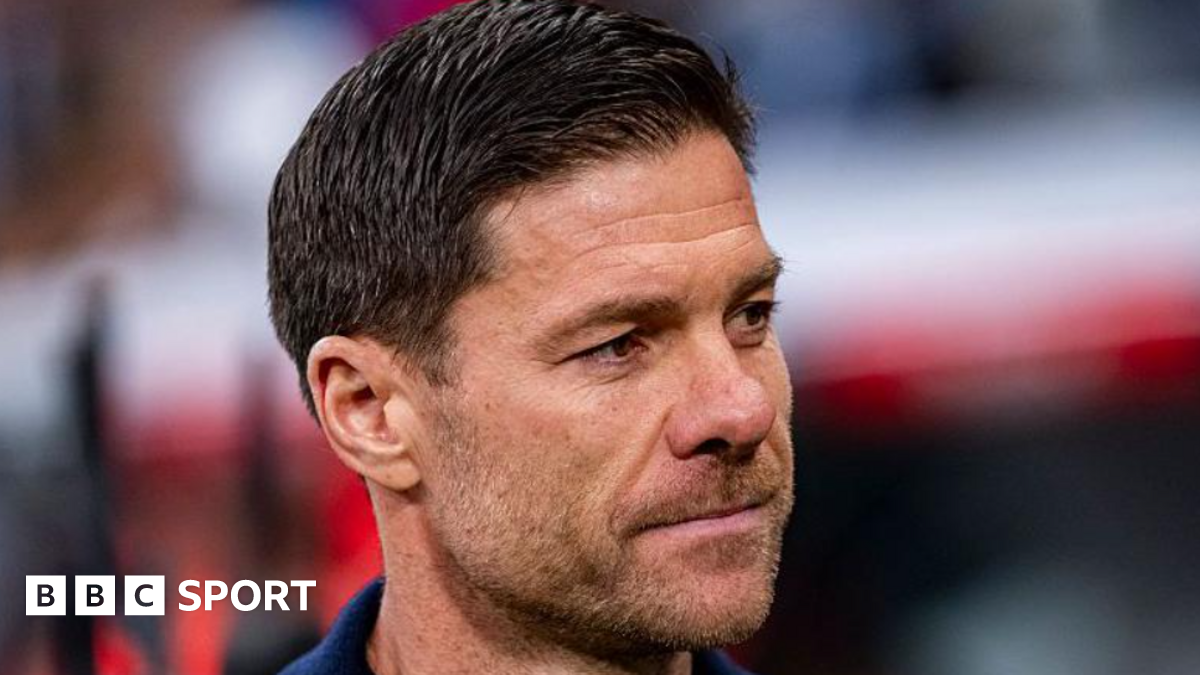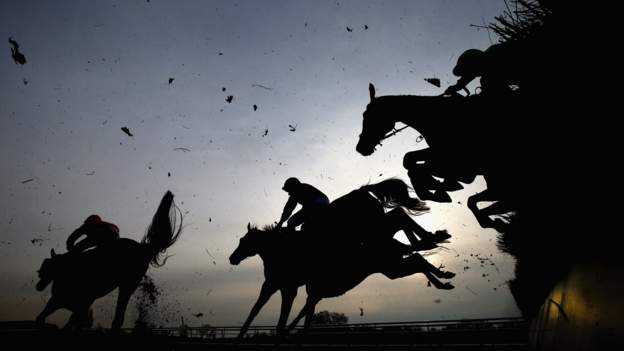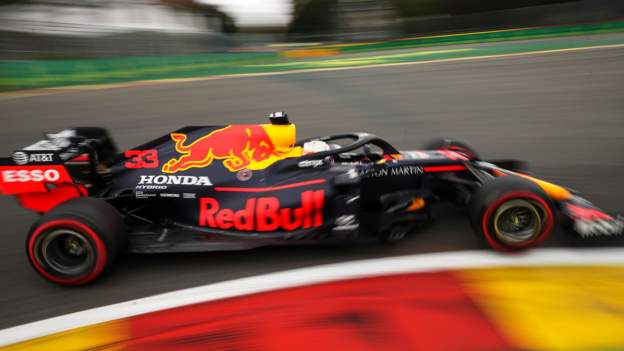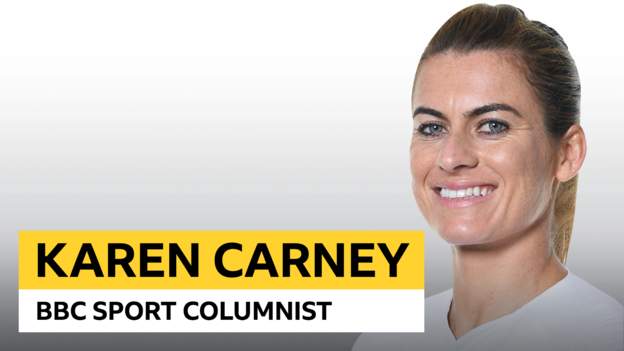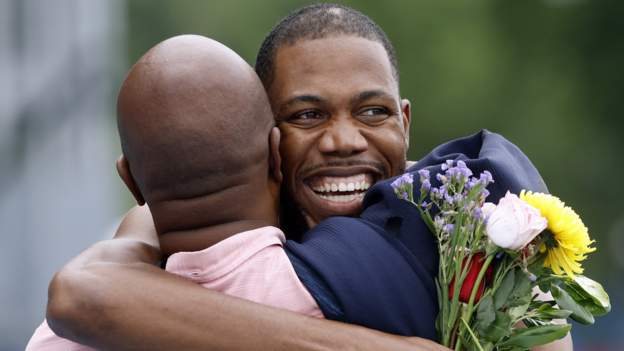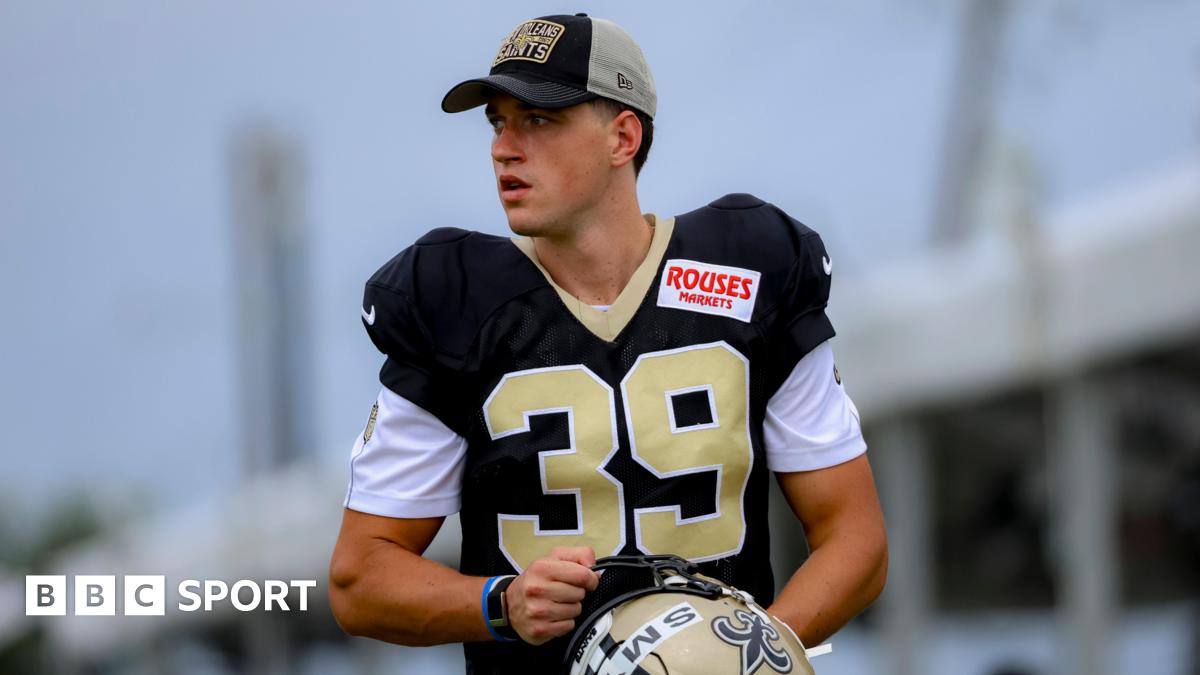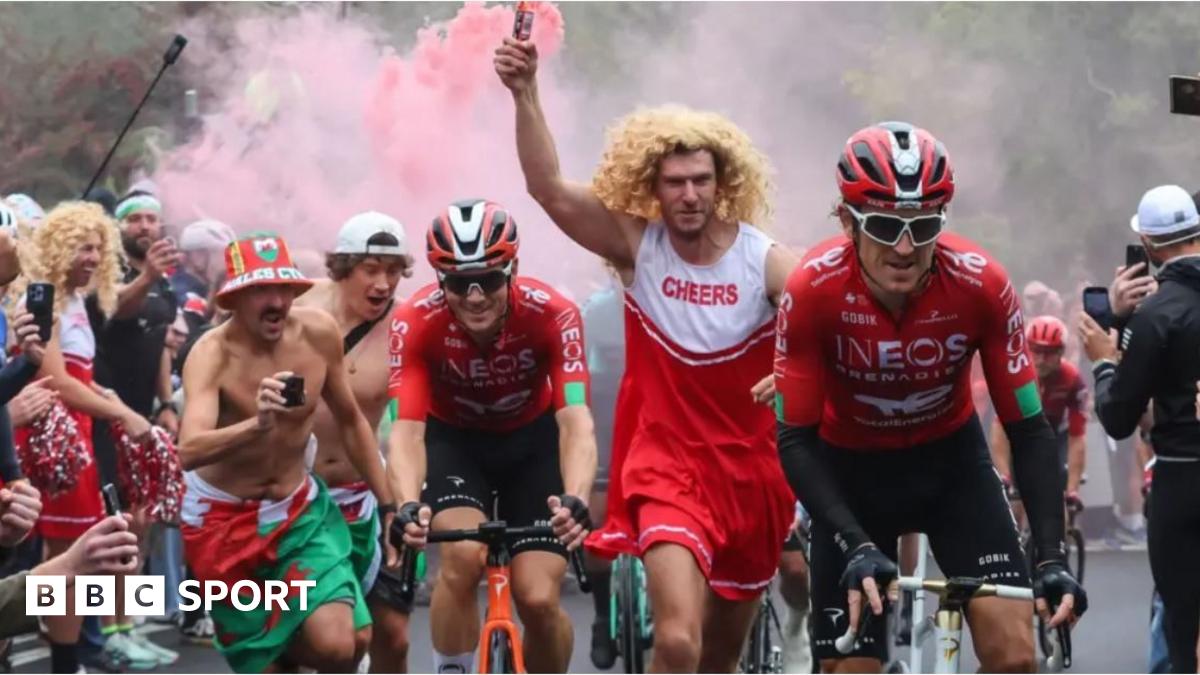Southwell Racecourse and the British Horseracing Authority are investigating six horse deaths at the track in the past month.
It includes three deaths last weekend at the Nottinghamshire track, where racing returned in July.
Animal charity World Horse Welfare said the figures were “very alarming” and it had raised its concerns with the BHA.
Fatality figures in British racing have decreased to an all-time low.
However, ongoing efforts to improve the safety of racing include developing a predictive risk model for all jump racing.
The process being undertaken by the BHA and Southwell is expected to be kept private, but circumstances including the medical and veterinary history of the horses that died, the races they were involved in and the ground conditions will be looked at.
In 2019 there were 173 fatal injuries from 91,937 runners in Britain – a rate of 0.19%, marking the lowest five-year rolling average on record.
This was a reduction from the previous year, when the rate of fatal injuries was 0.22% of runners.
For jump racing alone, the fatality rate is higher, at 0.39% of runners.
National Hunt racing resumed at Southwell on 1 July, and there were no fatalities at that meeting and those on 14 and 19 July. On 30 July, Elysian Prince was fatally injured in a fall in the first race.
On 10 August, 2019 Cheltenham Festival winner Croco Bay died after unseating his rider Bryan Carver during a handicap chase, and in the next race debutant Lost On You was pulled up and suffered a fatal injury.
On 24 August, three horses – Swarez, Avarchie and Booyakasha – died following on-course injuries.
David Muir, racing consultant for World Horse Welfare, told BBC Sport: “Any racehorse fatalities are a cause for concern and the fact that six have died at Southwell since the commencement of racing is very alarming.
“We have conveyed our concerns to the BHA, who are currently investigating all of these tragic incidents.
“From a wider perspective, we are pleased that a full study into all aspects of the incidence of racecourse injury and fatality to produce a predictive model has been undertaken by the BHA as part of racing’s welfare strategy and the initial results are expected shortly.
“Through the implementation of this ongoing work, World Horse Welfare believes that the BHA can make a substantial improvement in racehorse welfare through further reducing risk and the occurrence of such unfortunate incidents like we have recently seen at Southwell.”
David Sykes, director of health and welfare at the BHA, said: “We are currently working with the racecourse to look further into the circumstances surrounding the fatalities that have occurred at Southwell since jump racing resumed.
“This is an established process carried out by the racecourse and the BHA’s veterinary team, racing department and course inspectors.
“It involves considering a number of the specific circumstances and trying to understand if there are any common factors.
“We will continue to work with the racecourse and discuss any findings that the process brings to light.”
Arena Racing Company, which runs Southwell, has been asked for comment.









